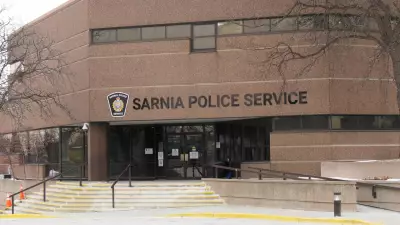
Supreme Court Upholds Landmark Same-Sex Marriage Decision
The United States Supreme Court has firmly rejected an attempt to overturn its historic 2015 ruling that legalized same-sex marriage across the nation. The justices declined to hear an appeal from Kim Davis, the former Kentucky county clerk who gained national notoriety for refusing to issue marriage licenses to same-sex couples following the original decision.
The Davis Case and Financial Repercussions
Davis had been seeking to reverse a lower-court order that required her to pay $360,000 in damages and attorney's fees to a same-sex couple she had turned away. Her legal team repeatedly cited the opinions of Justice Clarence Thomas, who has been the sole voice on the current court explicitly calling for the Obergefell v. Hodges decision to be erased.
The refusal by the Supreme Court to take up her case leaves the financial penalty against her in place, effectively closing this particular legal challenge to marriage equality.
Divisions and Evolving Views on the Court
The court's stance on the 2015 ruling reveals a complex landscape. While Justice Thomas remains a vocal critic, the other original dissenters still on the bench have shown a more nuanced position. Chief Justice John Roberts has been silent on the matter since his 2015 dissent, and Justice Samuel Alito, while continuing to criticize the decision, has stated he is not currently advocating for its overthrow.
A significant perspective comes from Justice Amy Coney Barrett, who was not on the court for the original ruling. She has suggested that same-sex marriage may reside in a different legal category than other overturned precedents, like the right to abortion, because many people have built their lives and families in reliance on the decision.
The Legacy of a National Controversy
The case of Kim Davis brought the small community of Rowan County, Kentucky, into the national spotlight. Davis defied court orders to issue licenses, leading a federal judge to jail her for contempt of court in September 2015. She was released after her staff issued the licenses on her behalf, but with her name removed from the form.
In response to the controversy, the Kentucky legislature later passed a law removing the names of all county clerks from state marriage licenses. Davis ultimately lost her bid for reelection in 2018. The Supreme Court's latest action serves as a powerful reaffirmation of a precedent that has reshaped American society.





